Does being a “fan” always mean that in some sense you are intrinsically a “fanatic”? There is ample, and shocking evidence at this point in the twenty-first century to suggest that there is, well, to some degree, a measure of being “touched” in our adoration of public and performing figures, aka “celebrities”. Some performers, of course, have a more invasive reach than others, and in this regard Judy Garland emerges as singular in her ability to stir the more extreme emotions of her devotees. Mark it down to a singularity of presence and performative intensity in her case – in so many ways a relentlessly raw nerve of emotion projecting powerfully beyond the simple melodic lyrics she could sing. Several generations have been passing the torch for Judy now, and in the gay male community she has been deified many times over. “Friends of Dorothy” have given way to worshippers of the later Garland – the obviously wounded, out-of-control spitfire who could turn it on at performance and Deliver. So when a gay male performer undertakes a role invoking Miss Judy Garland, there is an immediate and heavy-breathing audience that can be relied upon. But beware, there’s a lot of it out there so you’d better be good. And really, at this point, there better be a reason.
John Fleck, in his self-authored performance, Mad Women, playing at La MaMa, never stops to explain why he is tying Garland in with this autobiographical tale of a modestly successful performer with some national notoriety - he was one of the original NEA-4 back in 1990, Jesse Helms and all that – making his way on the boards and the screen over the last 30+ years. It’s just a given that she should be a touchstone of talent, and a cultural icon of special, coded appeal to any gay man of his generation – he was 18 years old when she died. And it’s a given, that as a gay man, he is permitted to get down and dirty with the “facts” in Garland’s life – Judy gave great head, and at least two of her three children exhibit signs of fetal alcohol syndrome – yadda, yadda, yadda. More pointed is the unaddressed question of why he is specifically focused on one of Garland’s late performances, at L.A.’s Coconut Grove in 1967, when she is wretchedly drink and drug-addled, forgetful, rambling and volcanically angry. He treats us to original recorded excerpts from this low point in her career, content merely to embody her with minimal wardrobe props, a loose physical impersonation, and the lip-synching of her public performative meltdown (one of several, it should be admitted). He is positively gleeful as he shares the details of her pill and liquor regimen at the time.
At one point he is transformed into young Joey Luft, Judy’s youngest child, who witnessed this exhibition at the age of nine. Abandoned in the Grove following his mother’s triumphant exit born aloft by her fans, Joey approaches the microphone and sings to an empty auditorium, an aria from Mascagni’s Cavalleria Rusticana. Fleck’s falsetto is accomplished and affecting, but he has Joey sing it to his mother’s discarded wig, a clumsy, slightly twisted visual. Then he has Joey put on the wig and his mother’s show jacket before storming off stage. Suddenly we are presented with film footage of Fleck’s elderly mother during her battle with Alzheimer’s. Segue to the story of young John Fleck’s first performance in public at the local veteran’s meet at the Legion Hall, where the unwary boy performed Meet Me Tonight in Dreamland in a simpering, coquettish style that brought the curtain down on him before he had finished. Young Fleck is entirely in the dark as to the nature of his offense, and is in turn shunned by the Legion Hall patrons, and snarled at by his mortified father – “Freakin’ fag. I’m gonna kill you when I get home.” As a formative episode it has all the hallmarks of a classic, prompting him to cling to his sympathetic, protecting mother, and flee his alcohol-fueled, abusive father. More film footage follows of his bed-ridden mother fulminating about alcoholism and her husband, and there’s a long, meandering monologue about Fleck’s turn in the HBO series, Carnivale, as Gecko, a carny freak. Snatches of Judy’s audio are inter played, and there are allusions to drug dependency on Fleck’s part. “I’m not an addict!” he snaps petulantly, and more than once. A confused and worked-up recounting of a dream forces everything towards a lurching, melodramatic climax, caustically overplayed with Garland sounding out the Battle Hymn of the Republic, some more sentimental home movie footage, and a horribly flat, would-be up-beat ending – “A big hand for my mother, Josephine. Wasn’t she something?” “My dad was hot, wasn’t he?” The piece seems to have slipped from Fleck’s control, morphed into an angry, narcissistic, runaway car that’s jumped the tracks and hurtling toward a smash up – one that never really arrives.
But Fleck likes things out of control: Judy; his ailing mother; the danger of drug enhanced experience; perhaps even (gasp!) his father. Inexplicably (and disastrously during the show I attended), he invites the hazards of audience participation (shudder) not once, not twice, but three times. Is he playing with form, playing with fire, or does he know what he’s doing? He’s bored by the tight leash, and he definitely slips it in this wired, sweat-drenched performance. But in the end he offers no insight. Looking for the silver lining is for him a lovely lyric but, realistically, a complete waste of time. Perspective it seems is not in his vocabulary, unless it’s the agreed adoptive perspective of being at the bottom looking up. This is a bitter little pill taking you nowhere, unless it’s to a mirthless laugh of hopeless scorn. It’s too bad; he is magnetic and can be clever and funny. To arrive at a convincing conclusion perhaps, would require him to get over that most massive of obstacles that looms in every performer’s life; himself.
~~~
Mad Women A solo performance written and performed by John Fleck Directed by Ric Montejano In Association with Katselas Theatre Company La MaMa’s The Club 74A East 4th Street (2nd Floor) NYC December 2 – December 11, 2011 Friday & Saturday at 10pm Sunday at 5:30pm Thursday, December 8 at 10pm $18 Click Here for tickets

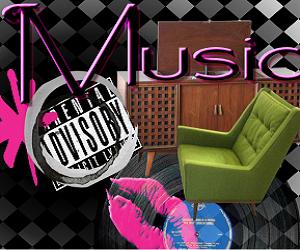

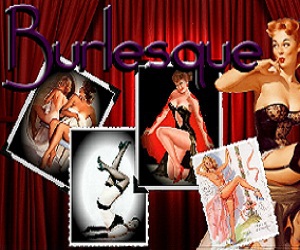
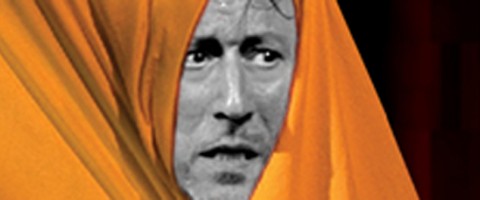

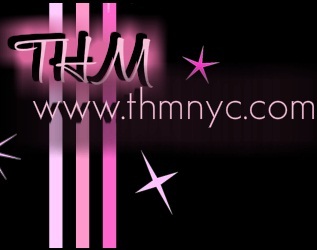
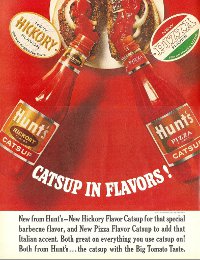
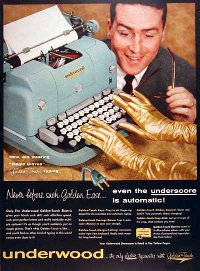
{ 0 comments… add one now }